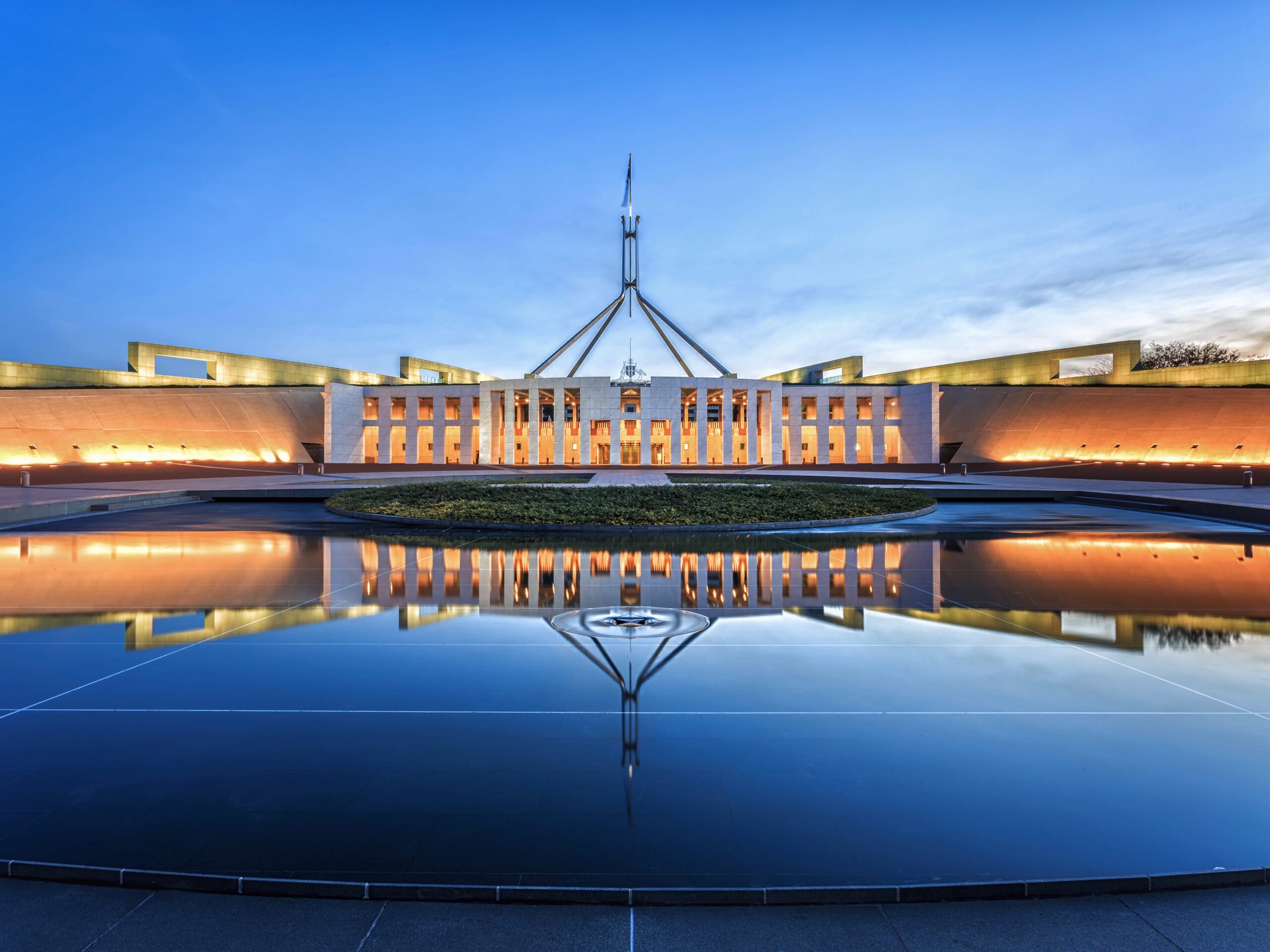The Commonwealth Government has set an ambitious target to double philanthropic giving by 2023 and has asked the Productivity Commission (PC) to advise on how this can be achieved. The PC has launched an Inquiry, and in this first phase it is seeking data on philanthropy and ideas on actions the Government can take to achieve this goal.
Philanthropy plays a critical role in funding health and medical research and innovation in Australia. Research Australia’s submission has provided information about the nature of philanthropy in our sector and the role it plays in complementing other sources of funding. We have drawn on our many years of annual opinion polling to provide information about motivations for donating to research, tax deductions, trends in donations and attitudes to charities partnering with government to jointly fund research.
We have suggested that a more strategic approach by the Australian Government to working with charities could lead to efficiencies and greater effectiveness in the funding of HMR.
Research Australia’s submission is available here.
We will also respond to the second stage of the PC’s Inquiry, later in 2023. If you would like to join our working group on philanthropy, please email Greg Mullins, Head of Policy, at greg.mullins@researchaustralia.org









